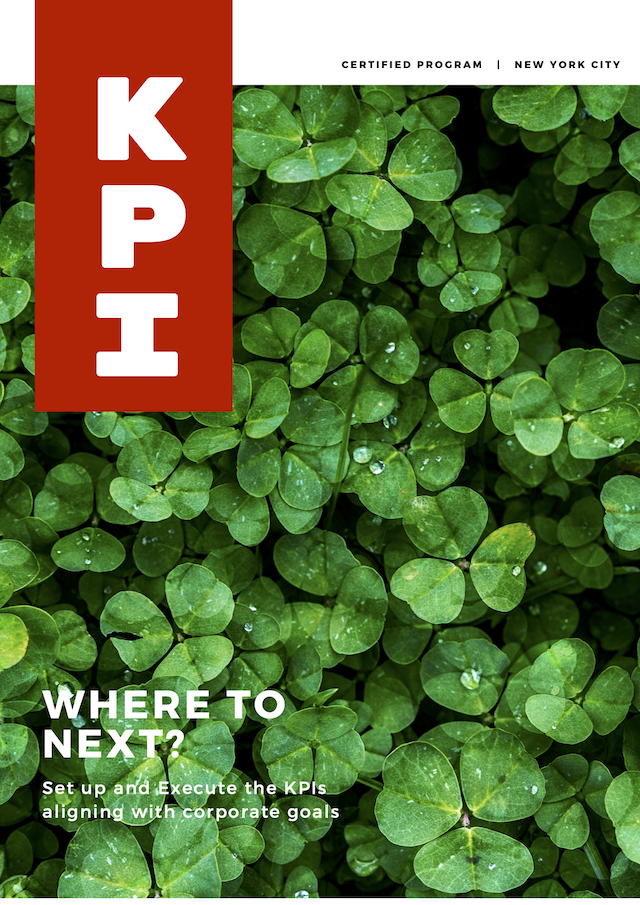Trade Marketing Executional Practice
Introduction
Trade marketing execution practice is essential for driving product visibility, retailer engagement, and sales growth. It ensures that marketing strategies are effectively implemented at the point of sale, maximizing shelf presence and consumer demand. Strong execution involves merchandising, promotions, in-store branding, and retailer collaboration to influence purchasing decisions. Proper execution enhances distribution efficiency, brand loyalty, and competitive advantage. Without a solid trade marketing strategy, businesses risk weak in-store performance, low product turnover, and missed revenue opportunities. A well-structured execution practice aligns sales and marketing efforts, optimizing market penetration and ensuring long-term success in retail environments.
How you will benefit
At the end of this training program, participants will be able to:
- Build real Trade Marketing Executional plan aligning with Strategy and Operational Plans for their own business
- Learn Critical Successful Factors (CSFs) from other industries
- Be ready for action plan right after come back to workplaces
Who should attend
- RBNC designed this advanced level for people who already attended "Essential Trade Marketing" Program
- This course is also designed for people who sell, negotiate, promote with or manage customers operating in the various retail trade channels of your markets
What you will cover
- Trade Marketing Strategy and Operational Plans overview
- Account Management
- Territory Management
- Trade Approach Contacts
- Customer Call Processes
- Trade Events & Relations
There are 4 Scenario are designed with all detail Marketing Trade Strategy and Operational Plans for exercises. Participants will work in group to develop Trade Marketing Executional Plan
- Scenario 1: B2C (Business-to-Consumer) business model, FMCG Industry
- Scenario 2: B2C (Business-to-Consumer) business model, Luxury Goods Industry
- Scenario 3: B2B (Business-to-Business) business model, Animal Feeds Industry
- Scenario 4: B2B (Business-to-Business) business model, Service Industry
Schedule









